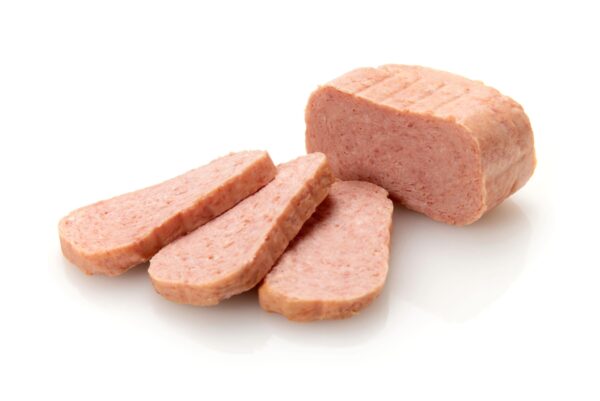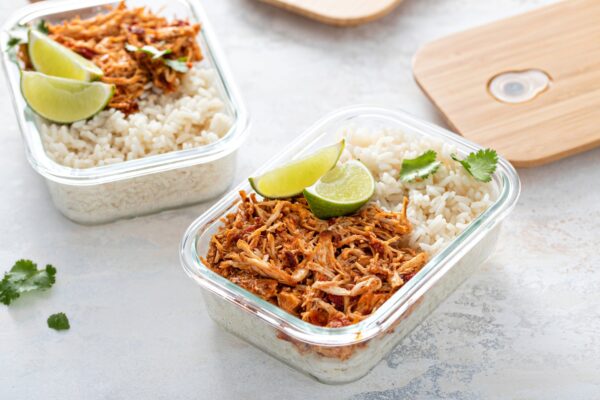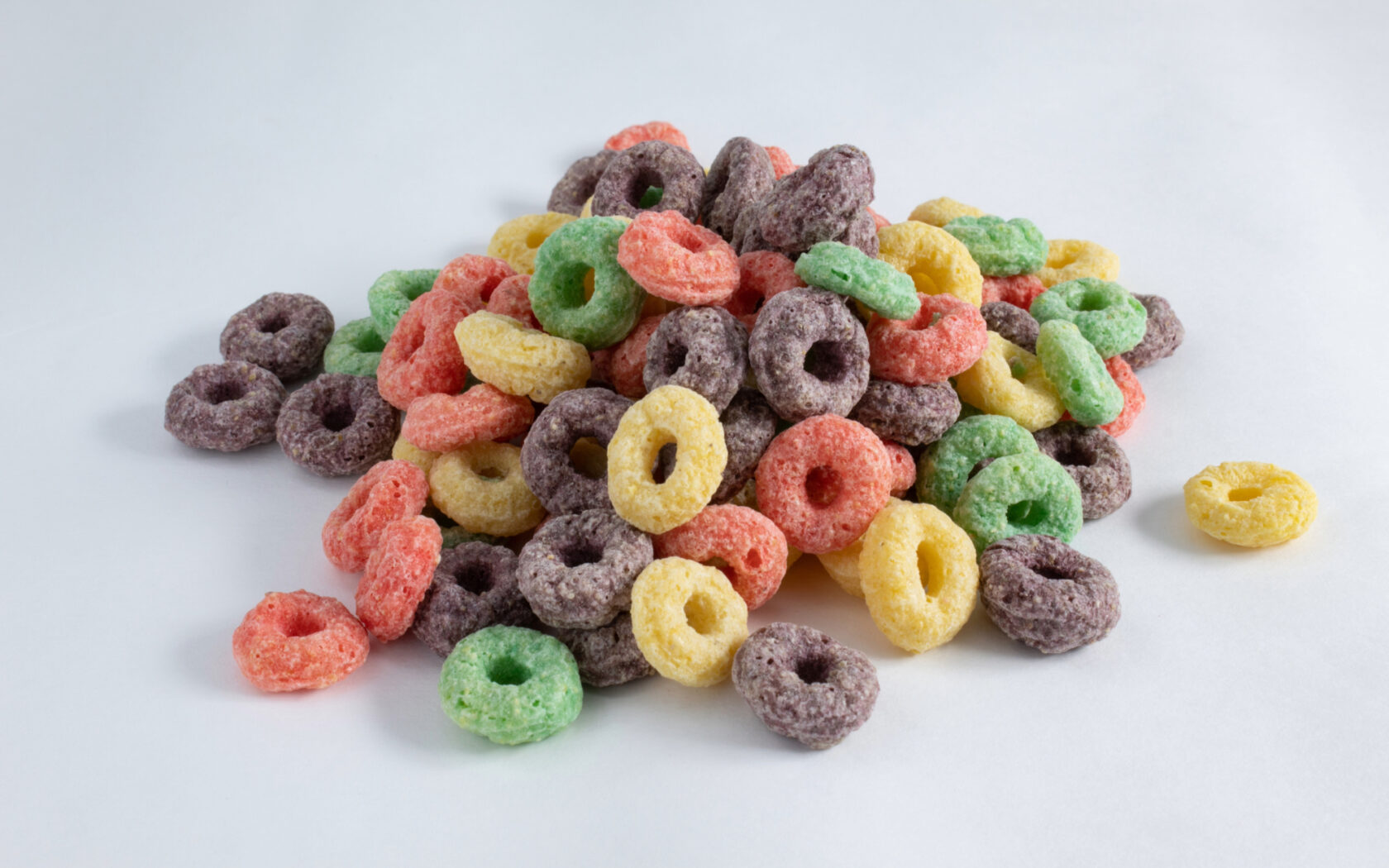Health Risks of Ultra-Processed Foods: What You Need to Know
In today’s fast-paced world, ultra-processed foods (UPFs) have become a staple in many households. From packaged snacks and sugary cereals to ready-to-eat meals, these convenient options are everywhere. But while they may save time, they can come with hidden health risks. Understanding the dangers of ultra-processed foods is key to making better choices for your body and mind.
What Are Ultra-Processed Foods?
Ultra-processed foods are items that have been significantly altered from their original form using additives, preservatives, flavor enhancers, and artificial colors. Unlike minimally processed foods—like fresh fruits, vegetables, and whole grains—UPFs often contain ingredients you wouldn’t recognize or use in your kitchen.
Common examples include:
- Sugary breakfast cereals
- Packaged snacks (chips, cookies, crackers)
- Instant noodles and frozen meals
- Sweetened beverages and sodas
- Processed meats (hot dogs, deli meats)
While convenient, these foods tend to prioritize taste, shelf life, and profit over nutrition.
Nutritional Problems of Ultra-Processed Foods
One of the main issues with UPFs is that they are nutritionally poor yet calorie-dense. Many are high in:
- Added sugars – which spike blood sugar and contribute to weight gain.
- Unhealthy fats – especially trans fats that increase the risk of heart disease.
- Sodium – excessive salt can raise blood pressure and strain the heart.

At the same time, UPFs are low in essential nutrients like fiber, vitamins, and minerals. This combination can leave your body hungry for nutrients even after consuming excess calories, making it easier to develop chronic health problems.
Chronic Disease Risks Linked to Ultra-Processed Foods
Research increasingly shows a strong link between high UPF consumption and chronic diseases:
- Obesity and Weight Gain: UPFs are engineered to be hyper-palatable, encouraging overeating. Studies have found that people who eat more UPFs tend to consume more calories overall, leading to weight gain.
- Type 2 Diabetes: Diets high in added sugars and refined carbs from UPFs can disrupt insulin response, raising the risk of diabetes.
- Heart Disease and Hypertension: Excess sodium, unhealthy fats, and low-quality carbohydrates in UPFs increase blood pressure and cholesterol levels.
- Cancer: Some studies suggest a correlation between ultra-processed food consumption and certain cancers, particularly colorectal cancer, although more research is ongoing.
Mental Health and Cognitive Effects
The impact of UPFs isn’t just physical. Emerging research indicates they may also affect mental well-being and brain function:
- Mood Disorders: Diets high in processed foods have been linked to depression and anxiety.
- Cognitive Decline: Excess sugar and unhealthy fats may impair memory and learning over time.
- Behavioral Changes: Frequent consumption of hyperpalatable foods can affect brain reward pathways, making it harder to feel satisfied with natural, whole foods.

Hidden Dangers: Additives, Preservatives, and Chemicals
Ultra-processed foods often contain ingredients that don’t exist in nature:
- Artificial flavors and colors – some have been linked to allergic reactions and hyperactivity in children.
- Preservatives – prolong shelf life but may affect gut health.
- Emulsifiers – chemicals used to improve texture, which may disrupt gut bacteria and contribute to inflammation.
Even if these ingredients are deemed “safe” in small amounts, long-term exposure can carry unknown health risks.
How to Reduce Ultra-Processed Food Intake
Shifting toward a more natural, whole-food diet doesn’t have to be overwhelming. Here are practical tips:
- Read labels carefully: Look for foods with fewer than five ingredients and avoid items with unrecognizable chemicals.
- Cook more at home: Preparing meals from scratch helps you control ingredients and nutrition.
- Swap smartly: Replace sugary snacks with fruits, nuts, or whole-grain alternatives.
- Plan ahead: Batch-cook meals and snacks to reduce the temptation of convenience foods.
- Focus on fresh, minimally processed foods: Vegetables, fruits, whole grains, lean proteins, and healthy fats should make up most of your diet.
Even small changes can have a meaningful impact on your health over time.

Final Thoughts
Ultra-processed foods may be convenient, but they come with hidden health risks—from chronic diseases and nutrient deficiencies to mental health effects and chemical exposure. By understanding these dangers and making mindful, nature-rooted choices, you can protect your body, mind, and long-term well-being.
We also recommend using apps like Yuka and Bobby Approved to scan the barcode of your packaged foods to help you make the right choices for your diet and health.
Start small: swap one ultra-processed item for a natural alternative this week. Over time, these changes add up, helping you enjoy a healthier, more vibrant life rooted in whole foods.



